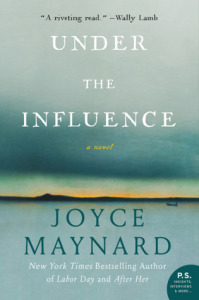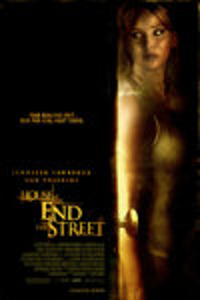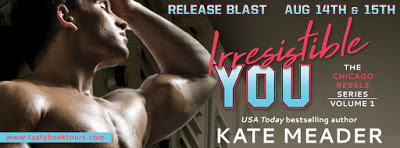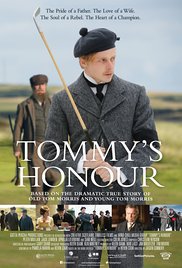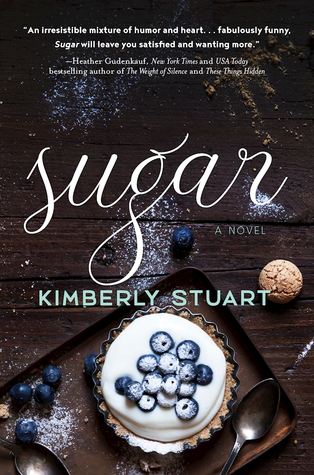I’m a former U.S. Marine and Vietnam combat vet that has lived with PTSD since 1966 when I returned from the war, and recently I have discovered that music helps me cope and sleep better. And not just any music but the songs were written by and sang by child prodigy Grace VanderWaal. For me, no other music has worked to give me a sense of peace from the demons of PTSD.
But why does it work?Brainwave Power Music reports, “Studies have shown that music can trigger the brain to release chemicals to distract the body and mind from the pain. Music, as well as binaural beats and isochronic tones which augment the effects, reach the brain’s auditory cortex, which causes the communication between the cortex and the sections of the brain that govern emotion, memory, and body control.”
The U.S. Department of Veterans Affairs says, “Findings suggest that the music therapy was effective in reducing depression symptoms and improving health-related quality of life. Investigators are developing a multi-center study to test if their findings are generalizable to a larger and more diverse group of Veterans. Also, in coordination with local Guitars for Vets chapters, the music therapy program has been successfully taken up by several VA sites …”
A Frontiers in Psychology report: Music and trauma: the relationship between music, personality, and coping style.
“Survivors of violence have also benefited from participation in music therapy programs. In one project working with survivors of the September 11 attacks on the World Trade Center in New York City (American Music Therapy Association, 2011), 33 music therapists provided over 7000 programs to children, adults, and families. The programs were designed to reduce stress, improve coping, and process the trauma associated with the crisis by drawing on a range of techniques including musical improvisation, songwriting, singing, sharing stories, and relaxing with music.”
However, “While the benefits of the arts therapies discussed above are multiple, there is some evidence that people do not always respond in the same way to music or other creative arts in dealing with trauma.”
Maybe the following pull quote from a post I found on Reddit.com explains why Grace’s music works magic for my PTSD but not just me. I’ve heard from others living with PTSD that her music works for them too.
Grace VanderWaal, Classical Composer of Contemporary Popular Folk Music said, “Grace’s music is, as far as contemporary music goes, singularly unique. Her songs are complex works of artistic inspiration – musical genius. If you break any of Grace’s songs into their component melody sections, there are three, four, or even FIVE distinct movements; and the way ‘I Don’t Know My Name’ closes cleanly, fully resolved both musically and lyrically, with a stinger, is pure artistry.
“Most works by modern songwriters are two movements, three at most. Two would be verse and chorus (Blowin’ in the Wind [Dylan], Hallelujah [Cohen]); three would be verse, chorus, and break strain (many songs by Jim Croce and Elton John had break strains). But,… four or FIVE distinct portions, arranged to sound like nine or more?! Very few contemporary popular music composers do this — Trans-Siberian Orchestra and Mannheim Steamroller come to mind as examples, also The Electric Light Orchestra (ELO) and Queen on several works. This is the kind of thing Mozart and Beethoven did, centuries ago.”
Grace was named the MTV Push December Artist of the Month and she is only 13. I listen to Grace singing the cover of “River” by Leon Bridges several times a day. I think her performance is that powerful.
_______________________
Lloyd Lofthouse is a former U.S. Marine, Vietnam Veteran, retired public school teacher, journalist, and award-winning author.
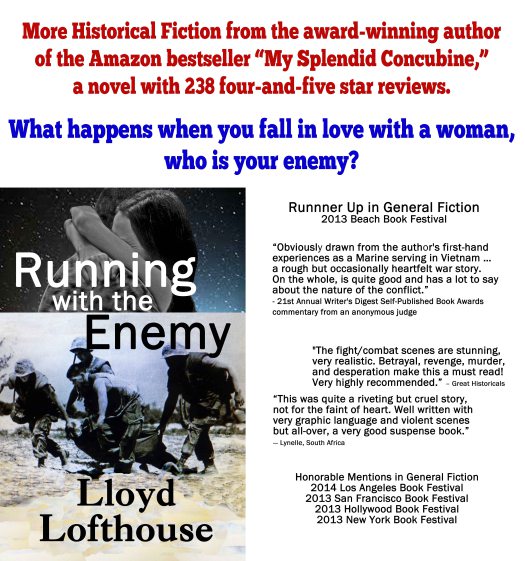 Where to Buy
Where to Buy
Subscribe to my newsletter to hear about new releases and get a free copy of my award-winning, historical fiction short story “A Night at the Well of Purity”.
Advertisements Share this:
- Share
